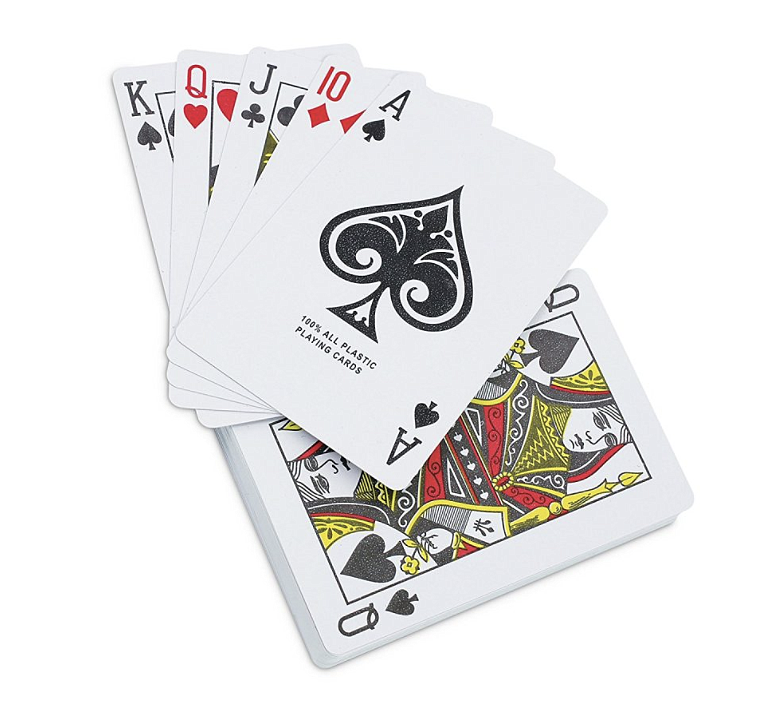- December 13, 2025
-
-
Loading

Loading

Can you memorize and recall a list of 300 random words? How about the order of two shuffled decks of cards?
Fourteen mental athletes, as they’re called, will set out to do just that and more in hopes of winning the USA Memory Championships this weekend at the Rosen JCC in Orlando.
The event, an Olympiad for thinking games that tests the mental acuity of competitors from across the country, was created in 1997 by Windermere resident Tony Dottino “to show people … there’s more that we can do with our brain than we ever thought possible.”
The event is set up similar to a sports match, with memory-challenging tournament-style competitive events. The overall winner receives a trophy and is named USA Memory Champion.
In any other year, the event would be open to spectators, but because of the pandemic, the audience is limited to family members.
Students at Full Sail University are covering the event on the USA Memory Championship’s YouTube page. In between competitions, guest speakers — such as a top neuroscientist from MIT and a man thought to have the best memory in the world — will take the microphone.
TRAINING THE BRAIN
There have been some interesting participants through the years, Dottino said. The youngest was 12, and the oldest was 70. He said high school students tend to do well in this competition.
The 2006 winner was Joshua Foer, a journalist who covered the tournament the previous year and took an interest in developing his mental skills. Another previous competitor expressed his excitement when his 15-year-old daughter was a finalist.
Three former champions are bringing some friendly competition to this year’s tournament: four-time winner Nelson Dellis, John Graham and Lance Tschirhart.
But even those who aren’t proclaimed the 2021 memory champion still are winners, Dottino said.
“It’s not about being a champion; it’s about improving the memory skill as you age,” he said.
“Memory is a skill that anyone can improve if they have the belief that they can improve, combined with the willingness to learn and practice,” he said. “All of our champions began with what they defined as ‘ordinary’ memory ability.”
With much practice, they trained their brains and expanded their mental capacity.
“I was always enamored with thinking, ‘We’re only using a small percentage of our brain,’” Dottino said. “I hear people say, ‘The older I get, the more I forget.’ That’s not the case if you understand how to exercise the brain.”
Memory is a skill, and there are ways to improve that skill, he said.
“How many groups of people that I’ve addressed and talked to — they look for the pill, everybody wants the pill,” Dottino said. “There are exercises you can do to strengthen your brain … but you’ve got to do the work. My whole purpose of doing (the competition) is to say there’s so much more you can do if you want to take control of it.”
Dottino’s son, Michael, a Winter Garden resident, has created an online course with mental challenges that stimulate the brain.
To maintain a strong brain, people must pay attention to six elements: social interaction, mental challenges, sleep, emotions and stress, exercise, and nutrition.
One exercise Dottino stresses is “remembering to remember.”
“You need to think about what you want to remember at the time you want to remember it — not after you think you’ve put it in your brain,” he said. “For example, when you go to Disney and you park your car, the time to remember where you parked is when you park, not when you’re at the gate.
“If we don’t remember and think about how we’re going to lock something in our brain, the changes of remembering it is decreased 90%,” he said. It’s been an interesting endeavor for 22 years, but memory is something that petrifies people.”